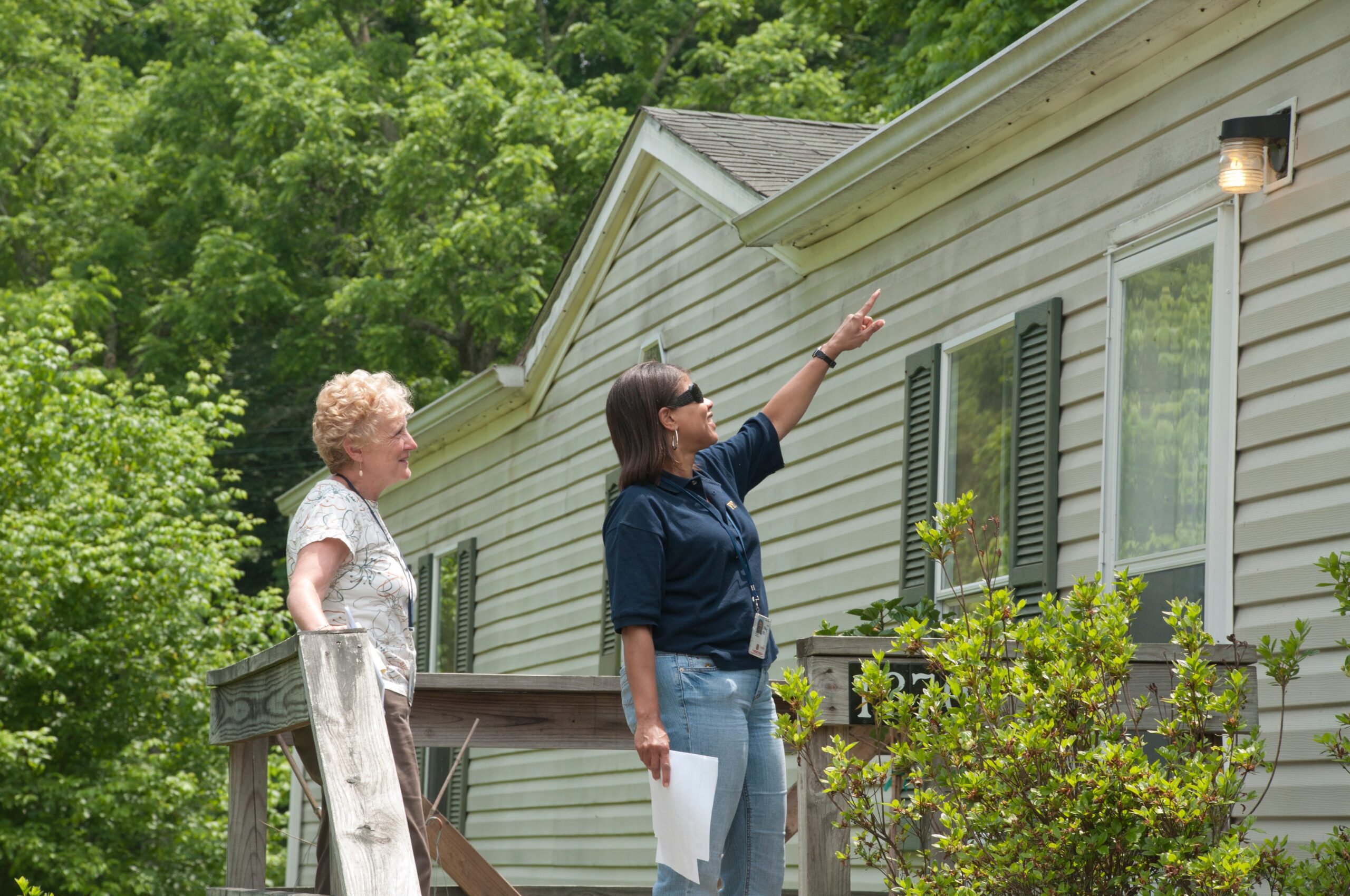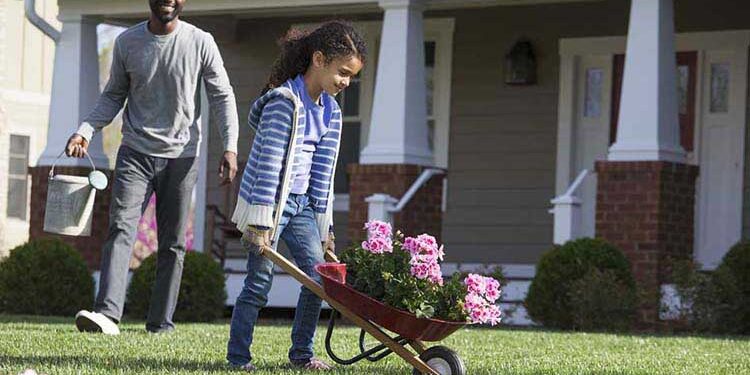Almost two out of five homes have a major defect. Correcting these types of errors can cost up to $ 15,000 to correct, according to the Realty Times. Getting the home inspected before buying it can protect you from unforeseen repair costs. Many lending institutions and banks mandate that house inspection is included in the buying process of a house. So, getting the house inspected not only saves your money but also fulfills an obligation. Knowledge and experience are different and not all applicants have your interests in mind. With this in mind, we’ve put together a list of things to consider to get the maximum benefit out of your next home inspections.
They are not Responsible if they forget to investigate or report a fault
Even the most knowledgeable home inspector can make mistakes when trying to sell the house that can increase your repair costs. Insurance may not provide adequate protection for homeowners. A home inspector’s liability is generally limited to the inspection fees paid by the owner, which means that if your inspector overlooks a bigger problem, it could cost you thousands of dollars. Choose an inspector who will cover “errors and omissions” to ensure that you are protected from home inspection oversight. These laws go beyond basic insurance and provide some protection if the inspector does not notice a damaged ceiling or poorly maintained stove.
Most likely they shouldn’t do your repairs.
Have the house inspector check the bathroom sink thoroughly, but have someone else fix it. A house inspector hired to repair defects is more likely to spot defects than someone who just does an inspection. There is always the possibility of meeting someone who is not conscientious. The American Home Inspection Association prohibits its agents from requesting repairs depending on the findings of an inspection.

They care about the house, not the country.
Your home inspector will look at the condition of your home, not the location or the surrounding area, as this is not your job requirement. This means you are unlikely to notice any problems other than those inside or outside the home, making the homeowner vulnerable to problems with fences or outbuildings. Unfortunately, these items tend to be quite expensive, and if damaged or unstable, they can cause major problems. If you are buying a home with a lot of outbuildings or other external features, it is a good idea to start negotiating these items during the inspection.
Following a home inspection, what should you do?
If the home inspection report revealed only minimal and predictable issues, the buying process can proceed as planned. You could choose to provide a list of the issues to the seller or the seller’s Realtor. Having the owner replace a missing doorstop, repair a leaking pipe, or reattach a downspout will reduce your to-do list after you move in. After the repair work has been accomplished, you may want to inspect the house on your own to ensure that all of the items mentioned have been addressed.
Use a home inspection as a guideline
Before buying a home, get it inspected. They can help you plan future repairs accordingly, once you have sealed the deal. For example, if the report mentions that the HVAC system is 15 years old and a fan is broken, you know it is important to plan for replacement in the next few years. Equipment in your home, a home inspection can help you decide which level of security to buy. Some guarantees let you choose the systems in your home that you want to protect. The inspection will reveal major weak points in your home system.





